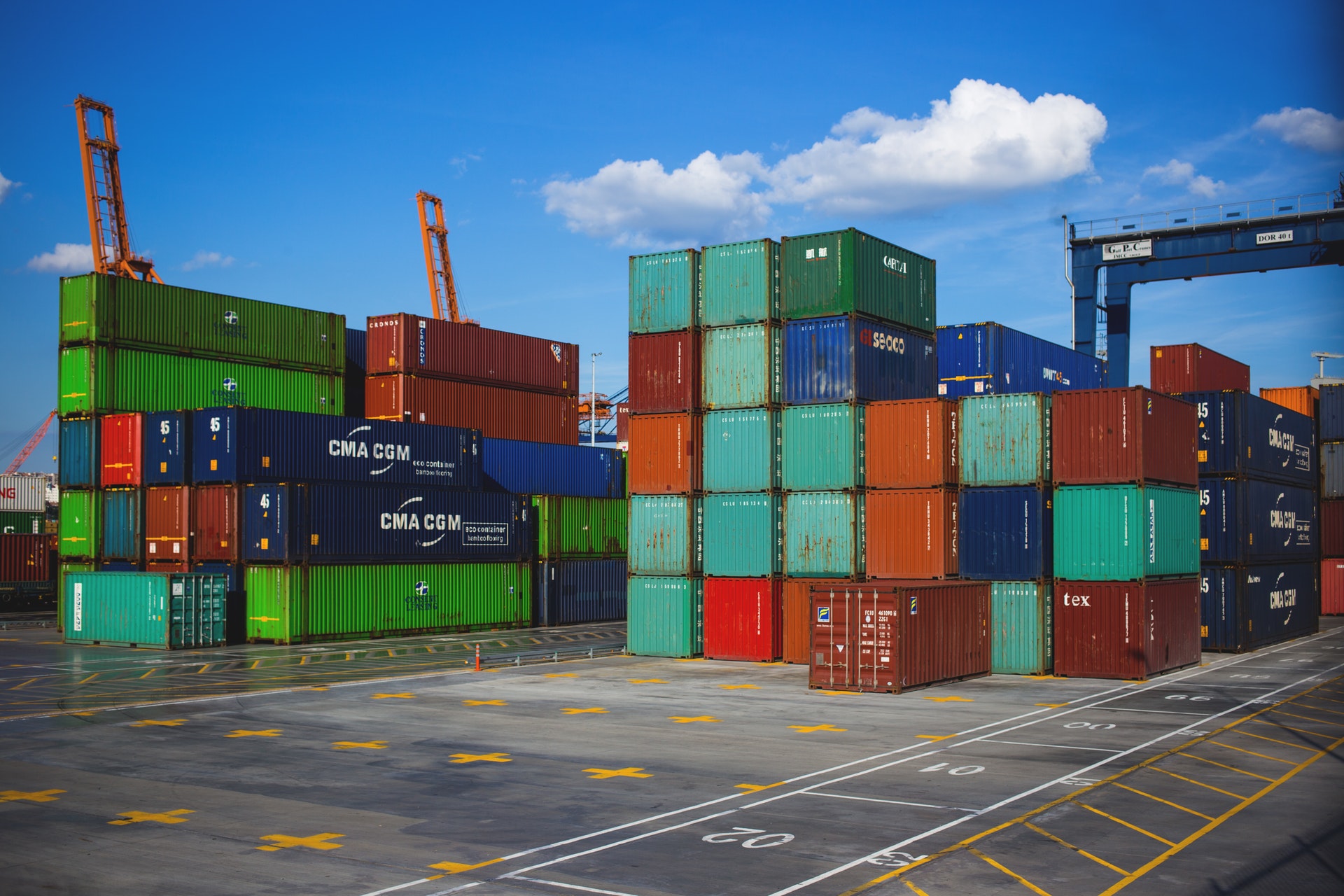Business and Economy
Japan says it won’t discuss or retract SKorea export rules

They say the decision to tighten export controls was based on a lack of trust that posed a risk to national security. (Pexels Photo)
TOKYO — Japan said Tuesday it does not plan to retract or renegotiate its stricter controls on high-tech exports to South Korea, a day after the South Korean president urged that the issue be resolved through diplomacy.
Tokyo tightened the approval process for Japanese shipments of photoresists and other sensitive materials to South Korean companies last week.
Japanese officials say such materials can be exported only to trustworthy trading partners, hinting at security risks without citing specific cases. They have rejected suggestions that the move was driven by a worsening in ties between the two countries related to historical issues.
“The measure is not a subject for consultation and we have no intention of withdrawing it either,” Chief Cabinet Secretary Yoshihide Suga said at a news conference.
He was responding to South Korean President Moon Jae-in’s appeal for a diplomatic solution through “sincere” bilateral discussions, urging Tokyo to withdraw what he described as a politically motivated measure.
Moon said Monday his country would be forced to take countermeasures if the restrictions on the materials, used mainly in semiconductors and displays, cause damage to South Korean companies. The trade curbs have raised concern over possible disruptions for South Korean manufacturers and global supply chains, he said.
Japan’s trade measures followed recent South Korean court rulings ordering Japanese companies to compensate South Korean plaintiffs for forced labour during World War II, when South Korea was a colony of Japan.
The export restrictions cover fluorinated polyimides, which are used in organic light-emitting diode (OLED) screens for TVs and smartphones, and photoresist and hydrogen fluoride, used for making semiconductors.
Japanese officials say those chemicals are sensitive materials that could be used in fighter jets, radars and chemical weapons. They say the decision to tighten export controls was based on a lack of trust that posed a risk to national security.
They haven’t elaborated on the alleged security risks, but Japanese Prime Minister Shinzo Abe and his conservative aides have hinted there may have been illegal transfers of sensitive materials from South Korea to North Korea.
South Korea’s Trade Ministry said Seoul plans to file a complaint at the World Trade Organization.
At a WTO meeting its Geneva headquarters on Tuesday, South Korea’s ambassador warned that the Japanese measures would have repercussions for electronic products worldwide — including in Japan — and called on Tokyo to withdraw them.
Ambassador Paik Ji-ah said South Korea was the only country affected by the measure, and expressed concerns that Japan was also reviewing whether to further tighten trade measures, according to a Geneva-based trade official who relayed the ambassador’s comments in the closed-door meeting of the WTO Goods Council. Ambassador Paik declined to speak to reporters after the meeting.
Japan’s envoy in Geneva, Junichi Ihara, countered that the Japanese measures didn’t amount to a trade embargo, but rather a review of export controls based on security concerns, according to the trade official.
“I simply said that our measures are just the change of application of procedures,” Ihara told reporters afterward. “We applied the simplified procedures before to Korea, but now we changed, and just normal procedures will be applied – are applied – to (South) Korea.”
“So this is perfectly in conformity with our obligations to the WTO,” he added, declining to comment further.
In Japan, comments from Abe and other officials have been more pointed.
“South Korea says it is adequately abiding by the sanctions and that it is properly carrying out export controls. But South Korea, with its handling of the former Korean wartime labourers issues, clearly demonstrated that it is a country that does not keep promises. Naturally, we have to assume it also fails to keep promises on export controls,” Abe said Sunday on a Fuji Television talk show.
On another Fuji talk show last week, Koichi Hagiuda, a senior lawmaker in Abe’s Liberal Democratic Party, said some chemical exports were unaccounted for. A day later, former defence minister Itsunori Onodera mentioned a South Korean newspaper report in May about illegal shipments of sensitive materials that could have ended up in North Korea and Iran via third countries. It did not cite any sources.
South Korea denied the allegations, summoning a Japanese Embassy official to protest Abe’s suggestion that it could not be trusted to faithfully implement sanctions against North Korea, Foreign Ministry spokesman Kim In-chul said Tuesday.
South Korean officials say there is no evidence to back up such claims and that Seoul has been properly implementing international sanctions against the North over its nuclear weapons program.
Sung Yun-mo, South Korea’s minister of trade, industry and energy, said Tuesday that an “emergency inspection” of companies that process and export the chemicals imported from Japan found no sign of illegal transactions allowing them to reach North Korea or any other country affected by United Nations sanctions. He said only Japan had questioned the credibility of South Korean export controls.
“Japan should immediately stop its groundless claims,” Sung said. He demanded that Japan disclose and share relevant information in line with U.N. Security Council resolutions.
Japan’s trade and industry minister, Hiroshige Seko, said Tuesday that Tokyo would arrange a meeting at the request of South Korean export control authorities to explain the controls. South Korea has not yet asked Japan to resolve the dispute through the WTO, he said.
“It totally depends on South Korea’s response,” Seko said.
———
Kim Tong-Hyung reported from Seoul, South Korea. Jamey Keaten contributed from Geneva.





















